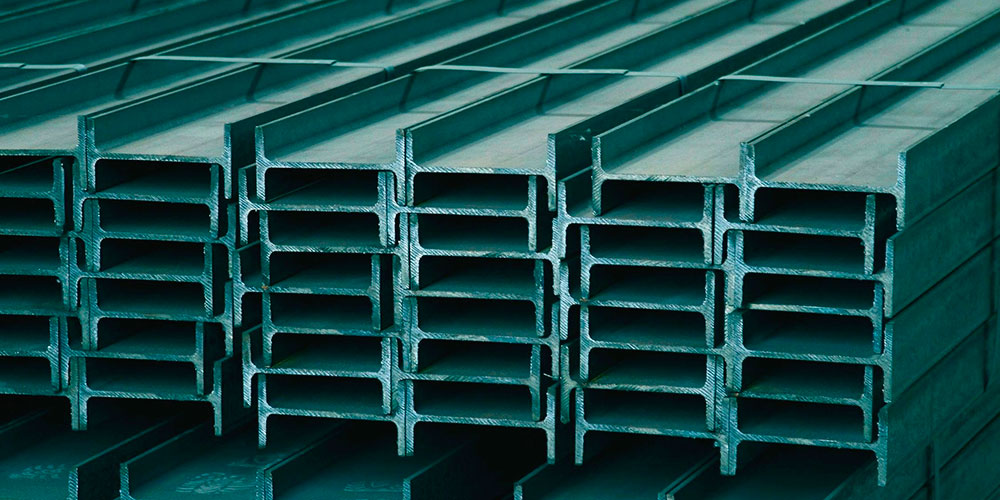Russian steelmakers association Russkaya Stal said July 15 it gathered from the EU’s drafted carbon border adjustment mechanism (CBAM) proposal, not all ferrous metallurgical industry products will be equally subjected to the new tax, which is fraught with market disbalance. Russian steel majors believe CBAM may spur the progress of the country’s own climate change related legislation currently in the making and appreciate it being adjustable to the level of their real emissions.
The European Commission is selectively approaching metallurgical commodities included in the scope of the proposed carbon border adjustment mechanism (CBAM). Not including scrap and ferroalloys does not comply with the climate goals declared by the EU and can distort the market, said the association.
At this stage the association said it could not estimate the impact of CBAM on Russian steel exports as the guidance on how to calculate the carbon footprint will be disclosed in delegated legislation, which will be developed by the EC after the CBAM is approved.
Until this information is available, industries will be able to assess the potential effects of EU border carbon regulation. However, it is already clear that emission calculations using a complex European methodology and their mandatory external verification can become a serious barrier for supplies to the EU.
Russkaya Stal considers it highly likely that after the measures are adopted, EU trading partners will appeal to the WTO requesting to cancel this regulation, although resolving such disputes usually takes two years or more.
Major Russian steelmaker Severstal emphasized the importance of CBAM being administered in a transparent way with the revenues from tax charged on steel products being then spent on breakthrough technologies for the ferrous metals industry.
In light of CBAM, Severstal sees it absolutely necessary to further develop Russian national climate change related legislation, including the creation of low-carbon infrastructure that will help companies in the hard-to-abate sectors to meet their environmental targets.
Another Russian steel major NLMK highlighted that the published regulation draft suggests the possibility of adjusting CBAM payments in line with the real level of emissions of importers. However, it does not yet allow assessing all the risks associated with the regulation, since the carbon emissions calculation methodology and the list of production processes that will be taken into account have not been determined yet, said NLMK.
NLMK added that it wants a fair approach in assessing EU imports and on the use of actual emissions data from producers rather than averages or theoretical values.
— Ekaterina Bouckley






